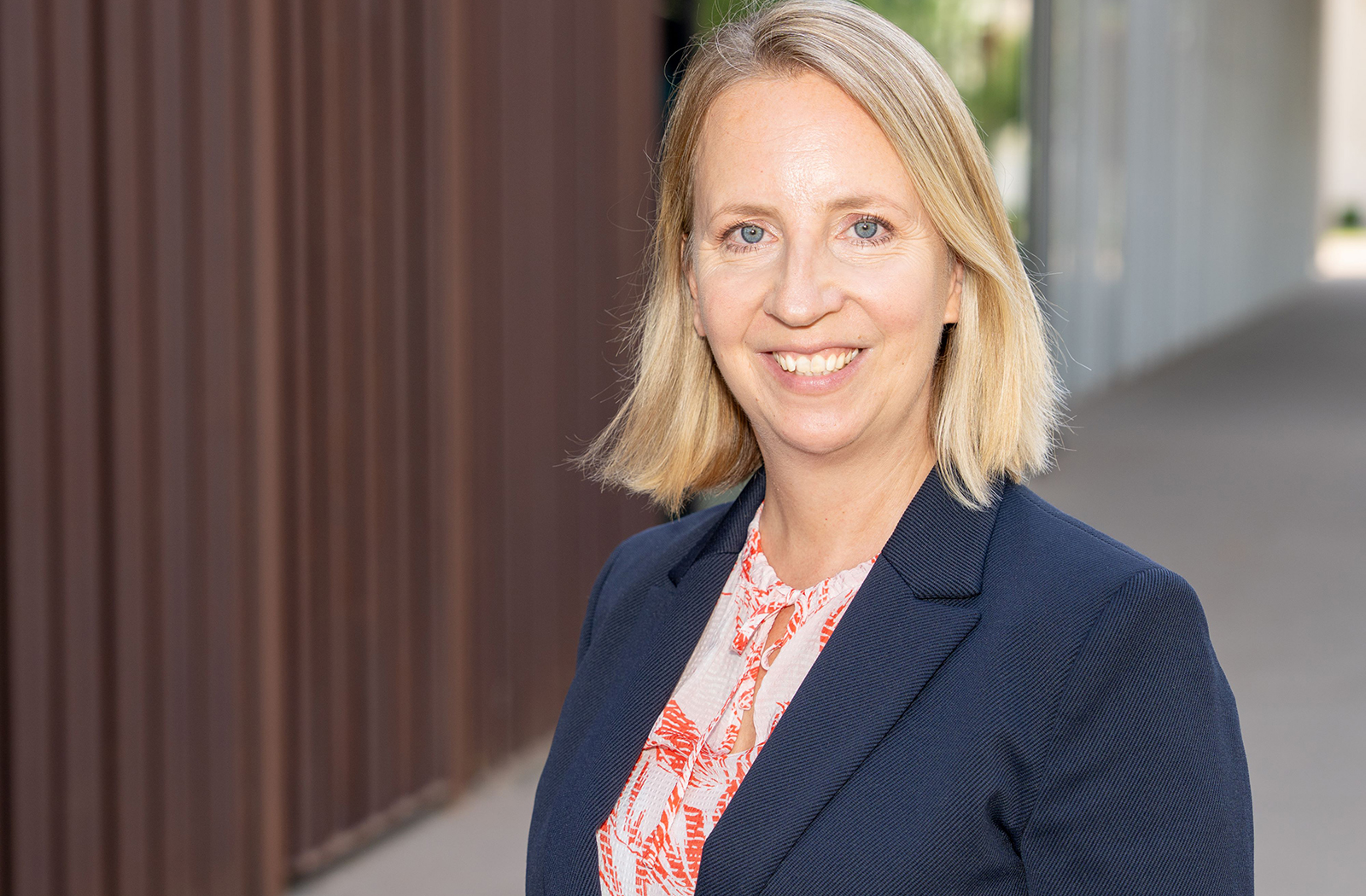
Women in Medicine and Science – Katharina Schimmel, PhD

Earlier this year, Katharina Schimmel, PhD, joined the Phoenix Children’s Research Institute at the University of Arizona College of Medicine – Phoenix as an assistant professor.
Dr. Schimmel’s translational research laboratory focuses on hereditary hemorrhagic telangiectasia (HHT), a genetic disease that causes arteriovenous malformations (AVMs).
AVMs are abnormal connections between arteries and veins that can lead to ailments such as stroke or hemorrhages. According to Dr. Schimmel, her field contains several pressing issues, with one being the need to identify medication-based treatments for AVMs.
However, HHT is a disease that manifests quite early in childhood, with the most common first symptom being nosebleeds — one of four diagnostic criteria for HTT.
“To me, it was very shocking to learn that the average time for patients to get formally diagnosed with HHT after experiencing those first symptoms is 17 years,” Dr. Schimmel said. “Running genetic testing on HHT patients earlier would be very helpful. For this to happen, physician education plays an important role.”
Through her work, Dr. Schimmel continues to spread awareness for the disease through participation in the Clinical Translational Sciences graduate programs — MS and PhD. She also mentors medical students at Phoenix Children’s.
To understand why AVMs form, Dr. Schimmel received two important career development grants from the American Heart Association and the Parker B. Francis Foundation. These two grants allow Dr. Schimmel to build on her training in pulmonary vascular biology that she received during her T32 fellowship at Stanford University.
Success for Dr. Schimmel is finding purpose in her work and having the agency to create something meaningful. She feels fortunate to be in the position where she can conduct research in the field that interests her.
“If I can contribute to the understanding of AVM pathogenesis and to uncovering potential therapies that can make a difference for patients together with my team, collaborators and mentors, then I call this success,” Dr. Schimmel said.
Additionally, Dr. Schimmel values her role as a mentor and its potential to inspire the next generation of experts in her field. It is rewarding to spark her trainees’ curiosity and to support them in reaching their personal goals.
This extends to Dr. Schimmel’s work with the larger HHT community. For her, the value of attending international HHT meetings cannot be understated. They are a platform to exchange the latest information with researchers, physicians and HHT patients, as well as to learn more about the patients through their stories.
“Experiences like International HHT meetings always remind me of why I chose to become a researcher and inspired me in my research approaches,” Dr. Schimmel said. “I find it very important to collaborate with fellow women in medicine and science because it gives me the confidence that together we can do it.”
She aims to inspire the next generation of physicians by fostering collaboration in figuring out diseases together as a basis to help patients at the bedside in the best possible way.
“I hope that in 10 years from now, we will be able to diagnose HHT early at the onset of the disease,” Dr. Schimmel said. “Furthermore, my hope is that we will be able to treat AVMs to prevent stroke and other complications in patients."
About the College
Founded in 2007, the University of Arizona College of Medicine – Phoenix inspires and trains exemplary physicians, scientists and leaders to advance its core missions in education, research, clinical care and service to communities across Arizona. The college’s strength lies in our collaborations and partnerships with clinical affiliates, community organizations and industry sponsors. With our primary affiliate, Banner Health, we are recognized as the premier academic medical center in Phoenix. As an anchor institution of the Phoenix Bioscience Core, the college is home to signature research programs in neurosciences, cardiopulmonary diseases, immunology, informatics and metabolism. These focus areas uniquely position us to drive biomedical research and bolster economic development in the region.
As an urban institution with strong roots in rural and tribal health, the college has graduated more than 1,000 physicians and matriculates 130 students each year. Greater than 60% of matriculating students are from Arizona and many continue training at our GME sponsored residency programs, ultimately pursuing local academic and community-based opportunities. While our traditional four-year program continues to thrive, we will launch our recently approved accelerated three-year medical student curriculum with exclusive focus on primary care. This program is designed to further enhance workforce retention needs across Arizona.
The college has embarked on our strategic plan for 2025 to 2030. Learn more.